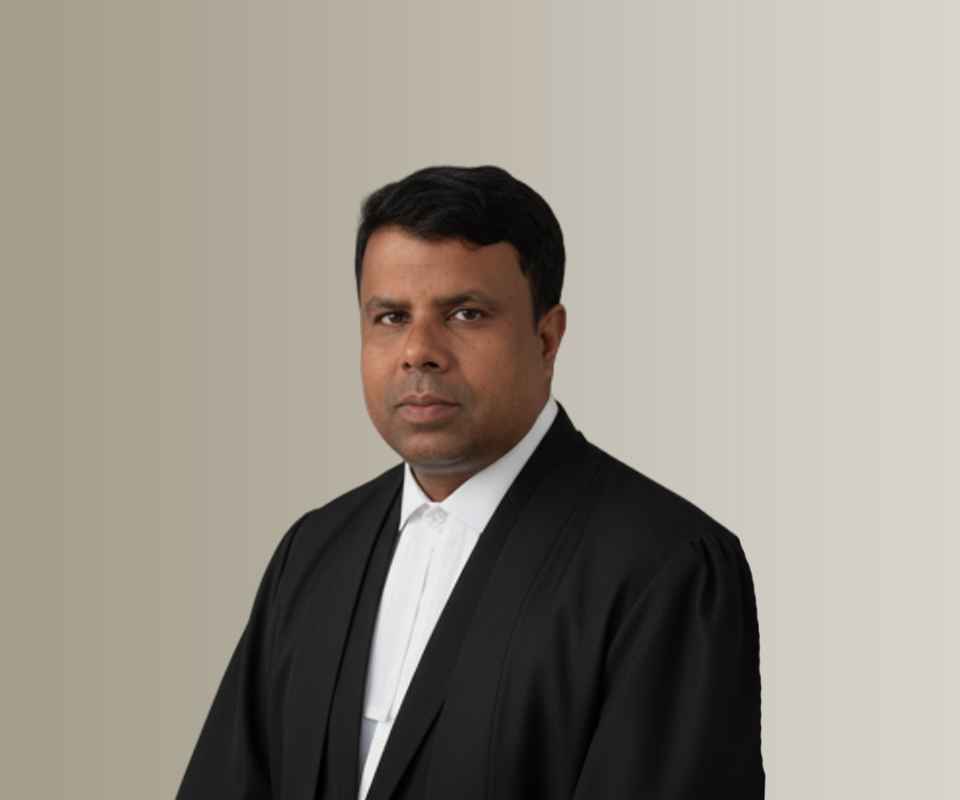Answer By law4u team
Government audits for care facilities are essential tools to ensure that elder care services are provided according to established healthcare regulations and safety standards. Audits help in maintaining the quality of care and protecting the rights of elderly residents. Regular government inspections can help identify any potential issues, such as lack of proper care, unsafe living conditions, staffing shortages, and other potential violations of health and safety laws. The purpose of these audits is to ensure compliance with national or regional standards, as well as prevent elder abuse and neglect.
Key Areas Covered by Government Audits in Care Facilities
1. Healthcare and Medical Care Standards
Medical Treatment and Records:
Auditors assess whether residents receive proper medical care, including regular check-ups, treatment plans, medication management, and access to necessary healthcare services. They also verify that the facility maintains accurate medical records.
Compliance with Health Regulations:
Ensuring that health protocols are followed, such as infection control, medication administration, and proper handling of medical emergencies.
Emergency Preparedness:
Auditors will check the facility's readiness for emergencies such as fires, natural disasters, or medical emergencies (e.g., CPR training for staff).
2. Staffing Levels and Qualifications
Staff-to-Resident Ratio:
One of the most important aspects of a government audit is assessing whether there are sufficient staff to meet the needs of the residents. A high staff-to-resident ratio ensures that each resident receives adequate attention and care.
Staff Training and Qualifications:
Auditors verify that caregivers and staff members are properly trained in areas such as elder care, dementia management, and elderly abuse prevention. They also check for any certifications or licenses required for medical or care-related staff.
3. Hygiene and Sanitation
Cleanliness of Living Spaces:
Inspectors assess the cleanliness of the care facility, including residential rooms, bathrooms, kitchens, and common areas. Unclean environments can lead to health risks for elderly residents.
Waste Disposal and Infection Control:
Auditors examine how waste is handled and disposed of and whether the facility follows infection control measures to prevent the spread of diseases, particularly for vulnerable populations.
4. Safety Protocols and Facilities
Building and Infrastructure Safety:
Auditors check the physical structure of the facility, including fire exits, handrails, non-slip floors, and emergency alarms. These are critical for ensuring that the facility is safe for elderly residents, especially those with mobility issues.
Resident Security:
The facility is assessed for security measures that protect residents from external threats and ensure they are not subject to abuse by staff or other residents.
5. Resident Rights and Complaints Mechanisms
Respect for Resident Autonomy:
A government audit ensures that the facility respects the rights of residents, including their right to privacy, dignity, and self-determination. Residents should have a say in their care and treatment decisions.
Complaint Handling and Grievances:
Inspectors assess whether the facility has an effective system for handling complaints and grievances from residents or their families. The presence of a safe and accessible reporting system is critical in preventing abuse.
6. Compliance with National and Local Regulations
Licensing and Certifications:
Care facilities must meet the regulatory standards set by national or regional authorities. Auditors check whether the facility holds the necessary licenses and complies with laws related to elder care and residential care.
Annual or Random Inspections:
Facilities are subject to periodic audits or inspections that are either scheduled annually or conducted randomly to ensure ongoing compliance.
How Government Audits Contribute to Preventing Elder Abuse
Early Detection of Issues
Audits can help identify signs of abuse or neglect, such as unsanitary conditions, poor staffing levels, or inadequate medical care. If a facility is failing to meet the basic standards, inspectors can intervene before any significant harm occurs.
Ensuring Accountability
Inspection findings hold the facility management accountable for any shortcomings or violations. This makes it clear to both the facility and the public that elder care is taken seriously by the authorities, and failure to meet standards will result in consequences.
Improved Standards of Care
Government audits push facilities to meet and maintain high standards in terms of staff qualifications, medical care, and safety, creating a better living environment for seniors. This ultimately reduces the risk of elder abuse or exploitation, as residents are more likely to receive the care they need.
Transparency and Public Awareness
Audits provide public reports on the facility’s performance, which can raise awareness about the state of elder care in the region. Families looking for care for their elderly loved ones can make informed decisions based on these reports.
Preventing Financial Exploitation
By checking the financial practices of care facilities, government auditors help ensure that the facility is not misappropriating funds that belong to the elderly residents, preventing financial abuse.
Example
Scenario:
An elder care facility in a city was audited by the local health department after several complaints were raised by the families of residents about poor care standards, including lack of hygiene, insufficient staff, and unexplained injuries among residents. The audit report found that:
- The facility had an inadequate staff-to-resident ratio.
- There were unsanitary conditions in common areas, increasing the risk of infections.
- Inadequate documentation of medical care, leading to missed medications and poor health outcomes.
As a result of the audit, the facility was fined for non-compliance, ordered to hire more staff, and given a deadline to meet the required standards. The management was also required to implement a complaint-handling mechanism for residents and their families.
Additionally, a follow-up inspection was scheduled, and the facility was placed on a watch list for further monitoring.
Conclusion:
Government audits are a crucial mechanism for ensuring the safety, well-being, and rights of elderly individuals in care facilities. These audits help to maintain high care standards, identify potential areas for improvement, and prevent elder abuse by holding facilities accountable for their operations. The inspection process ensures that residents receive the care and protection they deserve, while also providing families with peace of mind that the facility is compliant with legal standards.







